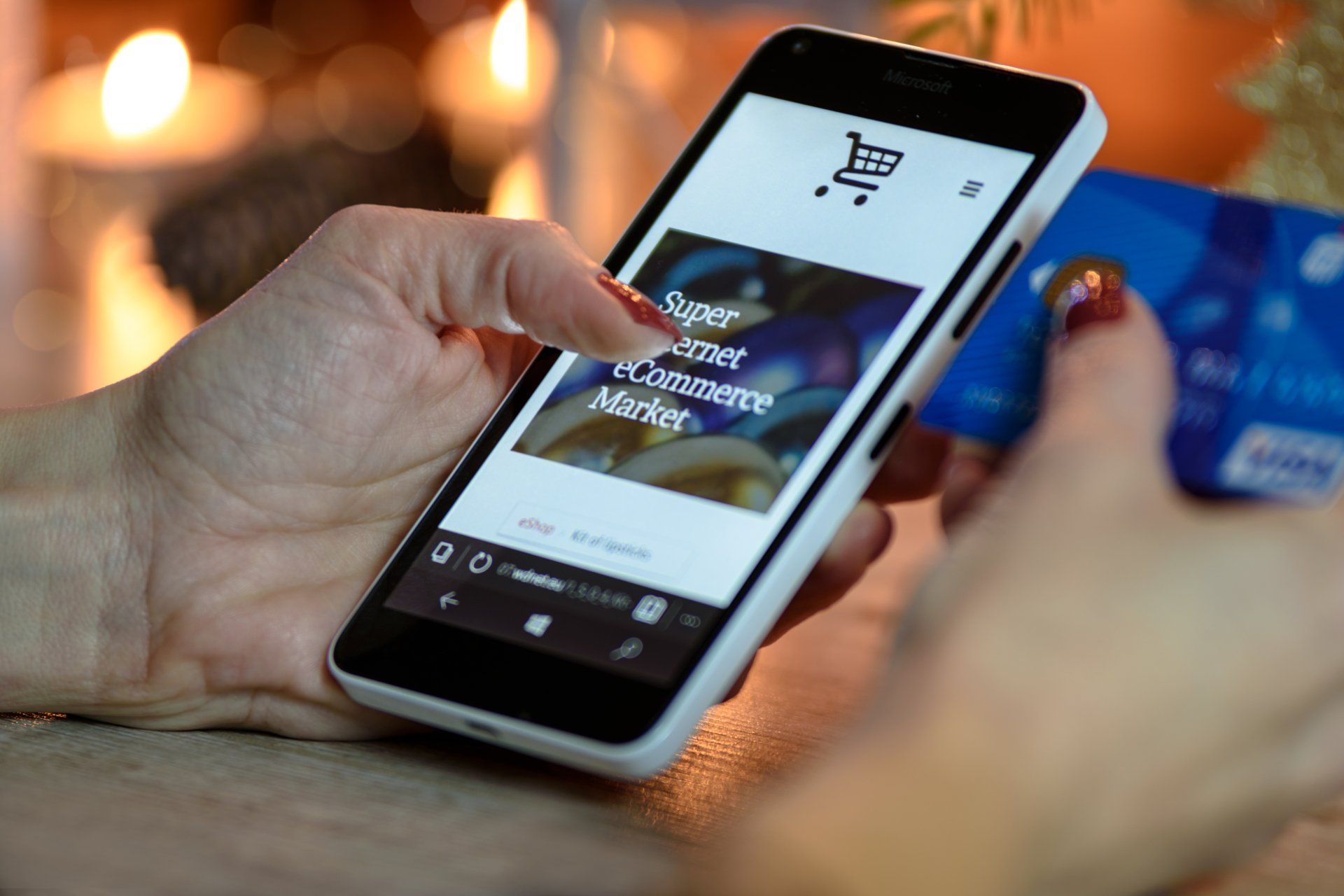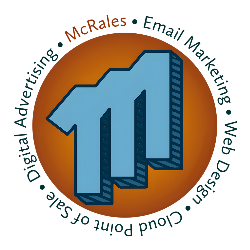The Truth About Credit Card Processing Rates
Team McRales • September 18, 2020
What the Banks Don't Want You to Know
If you've been in business for any length of time, you have encountered the dreaded Merchant Services Salesperson, who either shows up at your door or calls you on the phone. The visceral reaction that most people have to this encounter is not an uncommon one. And, believe me, having been in the industry for many years, that reaction is well deserved.
To be honest, I think the lack of regulation in the Merchant Services industry has caused it to become like the wild, wild west. Anyone can call an "800" number, sign a few papers, and Wham! They're selling credit-card processing.
So what's the story? How does it work?
To answer that, we have to take a step back, look at the whole picture, and treat Merchant Processing just like any other business. Let's take a clothing store as an example. That clothing store has a supplier for its hats, shirts, pants, etc. If that supplier decides to raise prices and reduce the quality of the merchandise it's selling, the clothing store can simply find another distributor. Obvious, right?
So who is the supplier when we deal with Credit Card Processing? Visa and MasterCard. And if we don't like the prices or quality of the merchandise, where can we go to find another supplier? The answer is... nowhere. Because there is only one supplier.
(Note: Visa and MasterCard have the most diversity of product, and they're the ones we associate with most when we talk about credit card processing, so I'm using them as the example. AmEx and Discover operate under a similar premise, though.)
And this notion that one processor, bank, or salesperson has some exclusive, special, get-it-before-it's-gone deal or rate that nobody else can offer? Well, it's just flat out false.
Just like every other business on the planet, if you have only one source but many outlets for a product, then it stands to reason that the base cost of the product (called interchange in Merchant Services-speak) is the same for everyone. What you should really be negotiating from company to company is margin and service. Believe me, the old adage "you get what you pay for" really does apply in this industry.
We have a lot more to discuss. I'll get into interchange and pricing in more detail in my next blog post.
If you would like a good explanation of how credit card processing works, check out Authorize.net's page Understanding Credit Card Processing.
Until next time,
-JLM

Experience seamless sales, unrivaled support, and mobile mastery when you upgrade your Square Online Store with Ecwid. Our latest blog post at McRales.com explores the transformative benefits of integrating Square with Ecwid. Discover how to sync your offline and online sales effortlessly, tap into six hours of expert web design assistance, and captivate your customers with a fully-branded mobile shopping experience. Elevate your e-commerce platform today with McRales—where technology meets tailor-made solutions. Read our insightful guide to push your online business ahead of the curve.

FAQs (short for frequently asked questions) help your business stay organized and allow customers to find information easily online, rather than having to call or visit your store/office to get the information they need. Your website design company should recommend that you create an FAQ page as part of your digital marketing strategy. If you haven’t created an FAQ page on your website yet, here are some tips on how to do it right and get the most out of it. What is a FAQ? A frequently asked question, or FAQ, is exactly what it sounds like: an answer people might commonly ask about a specific topic. If you are running a business and selling something online, there’s no better way to quell customer concerns than with an easily accessible list of frequently asked questions. They should be short and sweet — just enough info that someone with limited knowledge of your product can grasp its uses quickly and easily.






